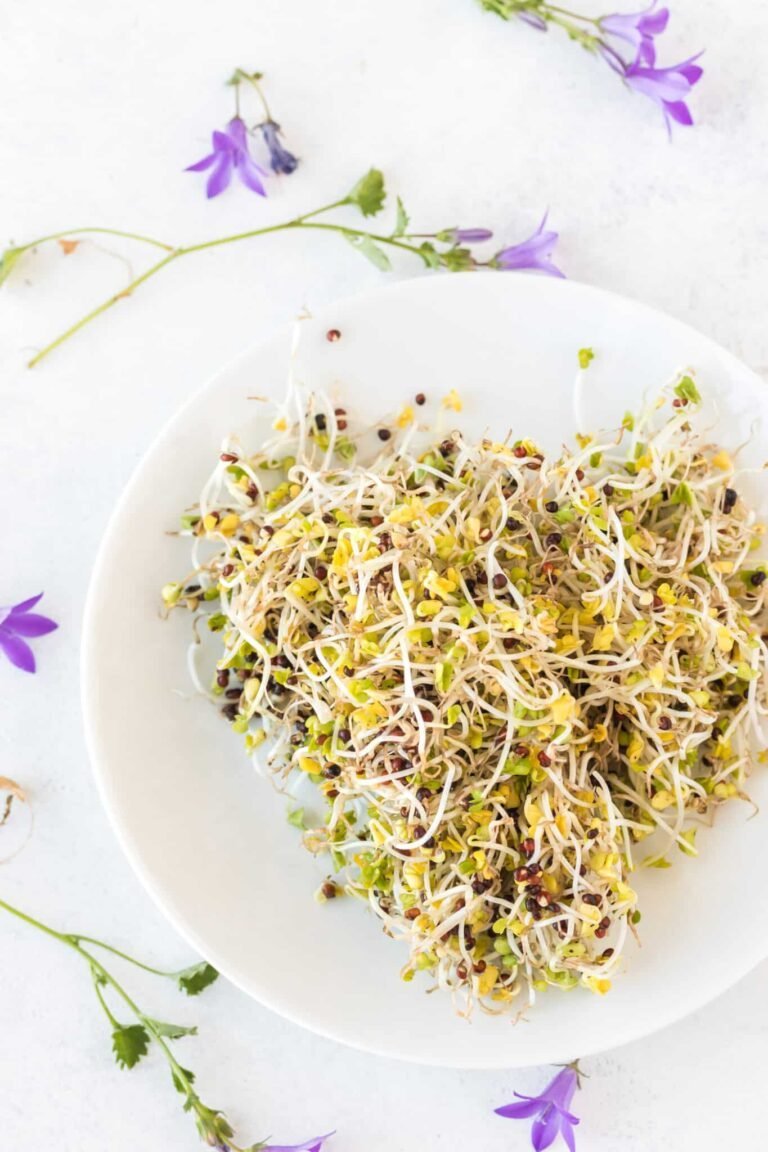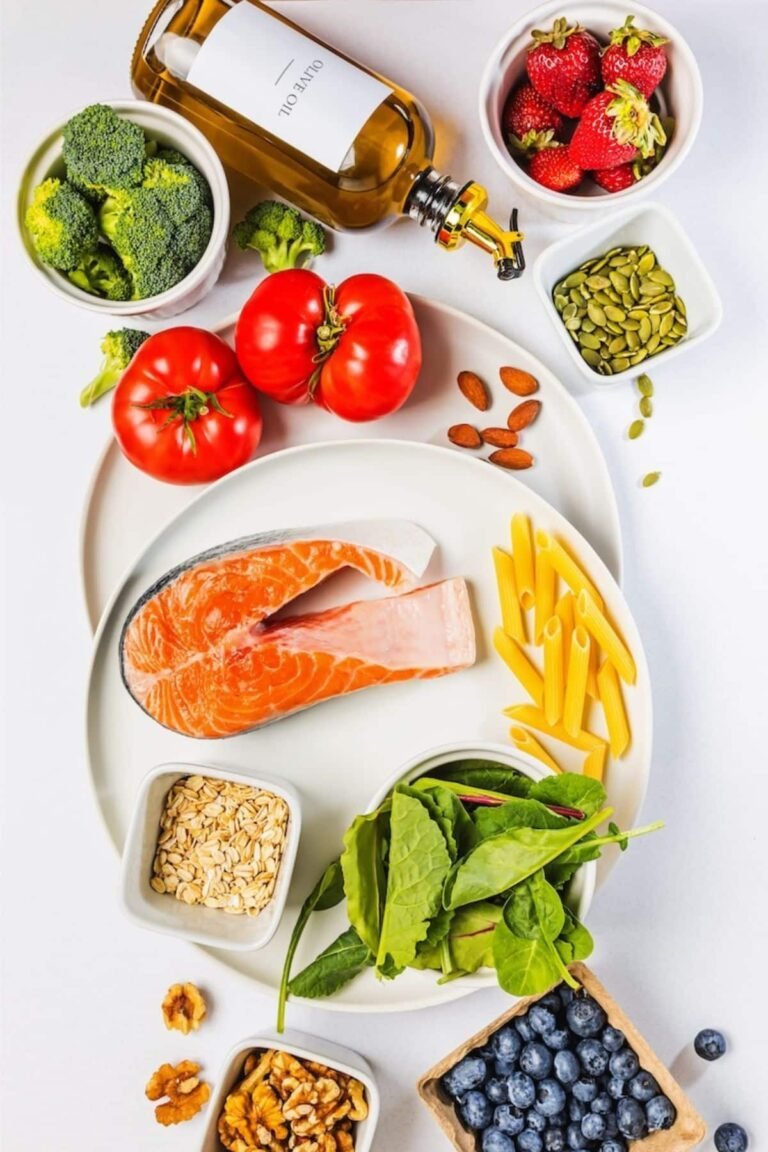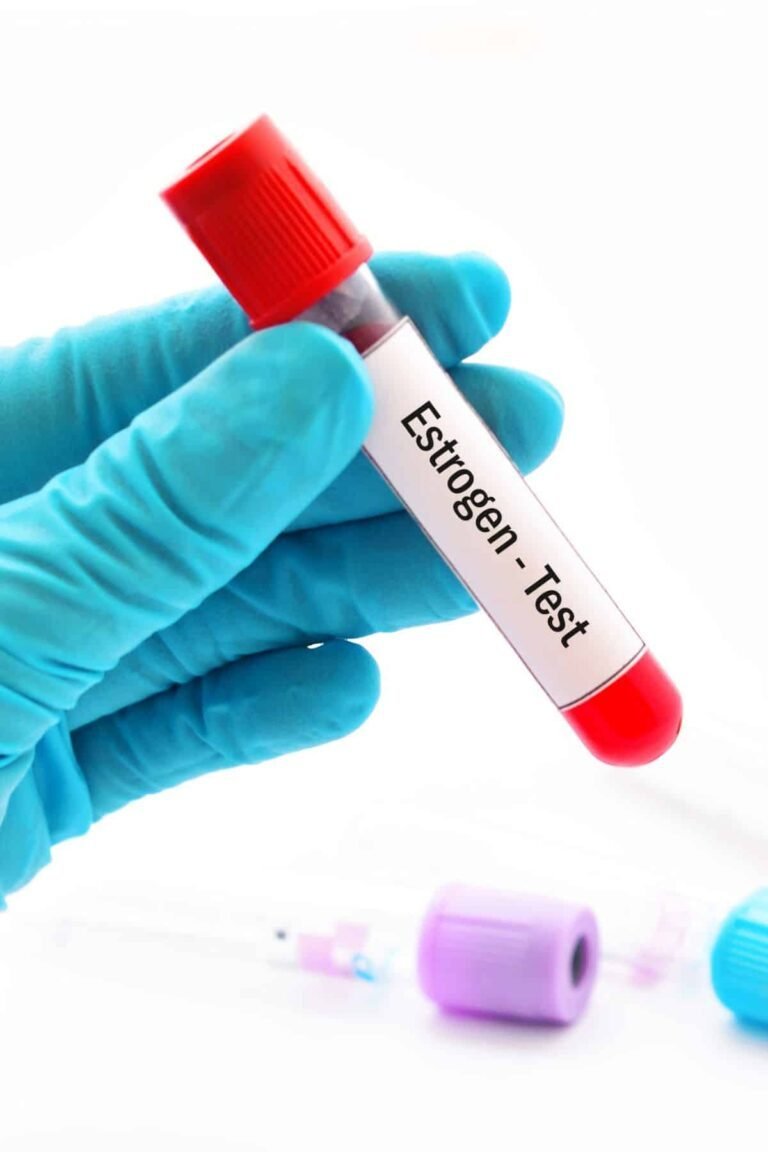10 Best Nutrients for Gut Health (Which Foods to Eat)
Gut health is all about the well-being of your digestive system, including the stomach, intestines, and other organs involved in processing food. It’s influenced by a bustling community of bacteria and microorganisms living in your gut, collectively known as the microbiome. When these tiny residents are in harmony, our digestion hums along smoothly, and our overall health, both physical and emotional, reaps the benefits.
Potential Gut Health Issues:
An unhealthy gut can spell trouble, manifesting in various digestive discomforts like bloating, gas, or irregular bowel movements. It might also interfere with nutrient absorption, leading to weight fluctuations or blood sugar imbalances. Beyond digestion, poor gut health can trigger immune system woes, skin irritations like eczema, and even impact mood and brain function.
Addressing Gut Health Naturally:
The good news? You have the power to improve your gut health naturally. Start by ditching processed foods and sugary treats, opting instead for fresh, wholesome fare. Embrace foods rich in prebiotic fiber, which nourishes beneficial gut bacteria, and incorporate probiotic foods like yogurt or sauerkraut to restore microbial balance. Managing stress, staying active, and prioritizing quality sleep also play vital roles in nurturing a healthy gut.
Best Nutrients & Vitamins for Gut Health:
Certain nutrients are particularly beneficial for gut health, and you can easily incorporate them into your diet through everyday foods.
- Vitamin D: Known as the “sunshine vitamin,” it supports gut bacteria balance and immune function. Get it from fatty fish, mushrooms, eggs, or fortified foods.
- Vitamin B12: Essential for gut bacteria metabolism, found in animal products or fortified foods for vegans.
- Vitamin C: Boosts gut microbiome diversity and has anti-inflammatory properties. Load up on citrus fruits, kiwi, and colorful veggies.
- Vitamin A: Maintains gut lining integrity and aids immune function. Seek it in beta-carotene-rich foods like carrots, spinach, or liver.
- Vitamin E: An antioxidant powerhouse, found in wheat germ, nuts, seeds, and leafy greens.
- Vitamin K: Supports gut health by reducing inflammation, present in green leafy veggies and vegetable oils.
- Vitamin B6: Crucial for gut microbial balance and sleep quality, abundant in fish, fruits, and veggies.
- Folate (Vitamin B9): Supports gut lining integrity and cell growth, found in leafy greens, legumes, and liver.
- Niacin (Vitamin B3): Boosts “good” gut bacteria and aids digestion, plentiful in meats, fish, and whole grains.
- Riboflavin (Vitamin B2): Helps stabilize gut bacteria balance, present in dairy, eggs, and grains.
Conclusion:
Prioritizing gut health is a journey toward overall wellness. By nourishing your body with nutrient-rich foods, managing stress, and adopting healthy lifestyle habits, you can cultivate a thriving gut environment that supports your vitality and longevity.
FAQs:
1: Can supplements replace nutrient-rich foods for gut health?
While supplements can be beneficial, they’re best used to complement a balanced diet rather than replace it entirely. Whole foods offer a synergistic mix of nutrients and fiber that supplements alone can’t match.
2: How long does it take to notice improvements in gut health with dietary changes?
Everyone’s body is unique, but you may start noticing positive changes within a few weeks of adopting gut-friendly dietary habits. Consistency is key, so stick with your new habits for long-term benefits.
3: Are fermented foods necessary for gut health?
While fermented foods like yogurt or kimchi can be valuable sources of probiotics, they’re not essential for everyone. A varied diet rich in fiber and nutrient-dense foods can also support gut health effectively






